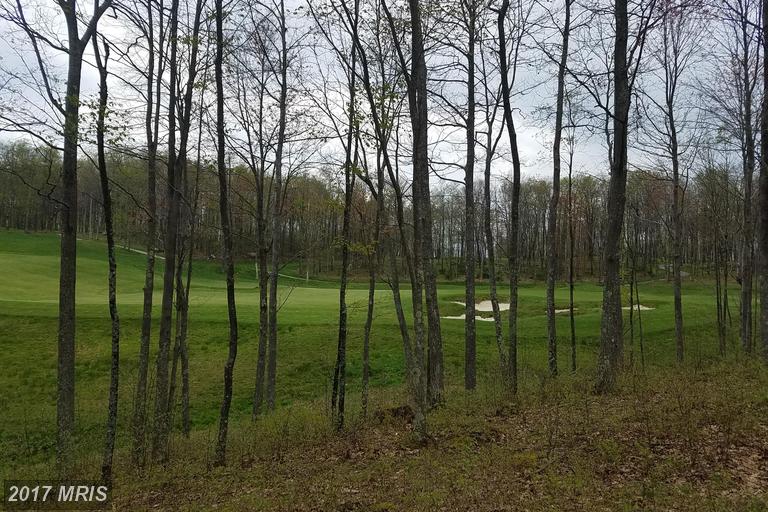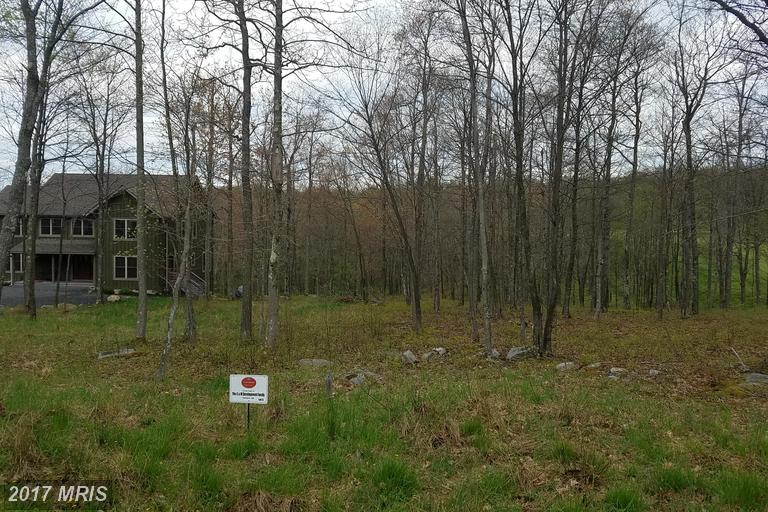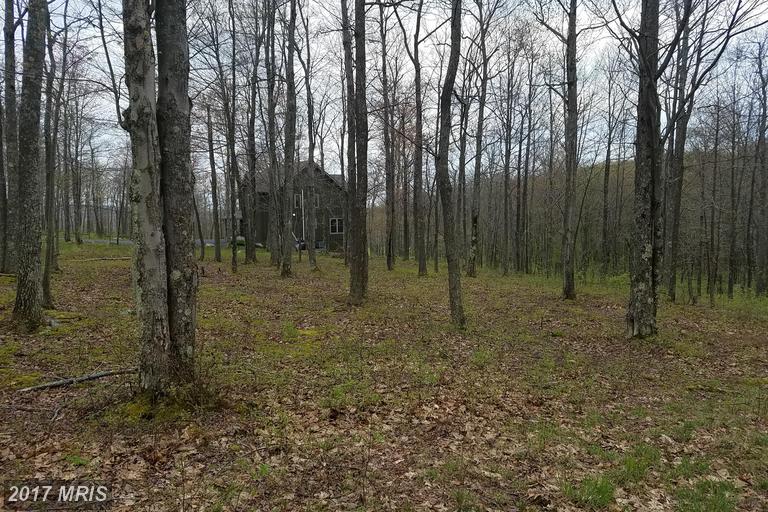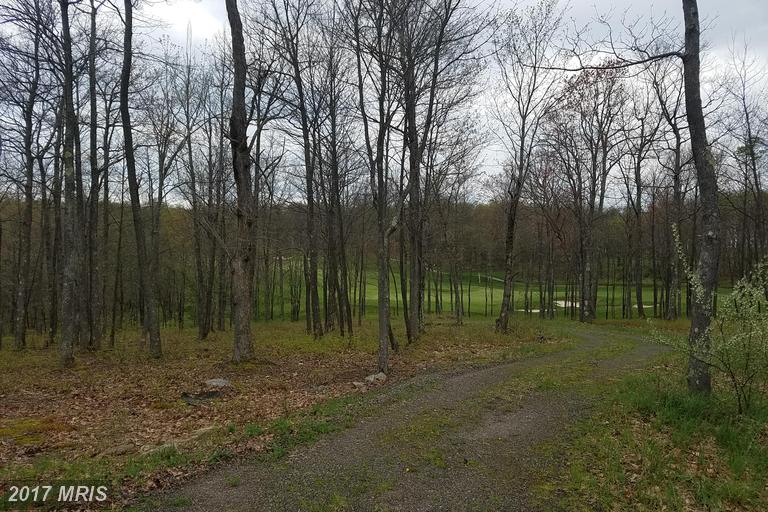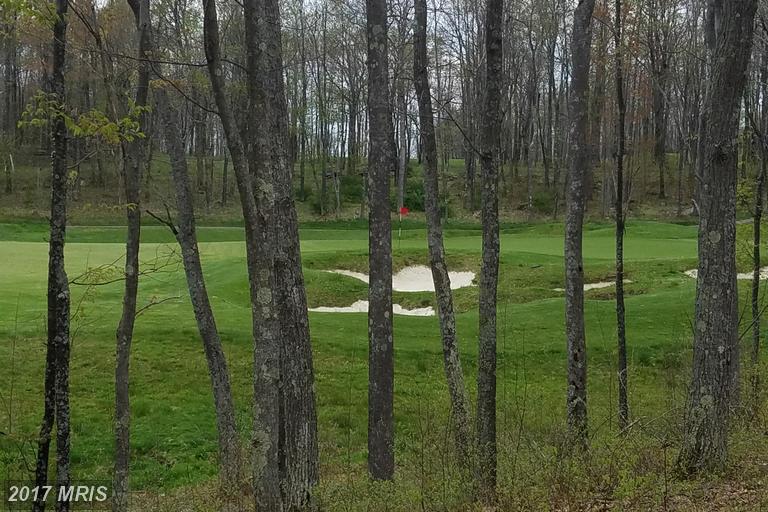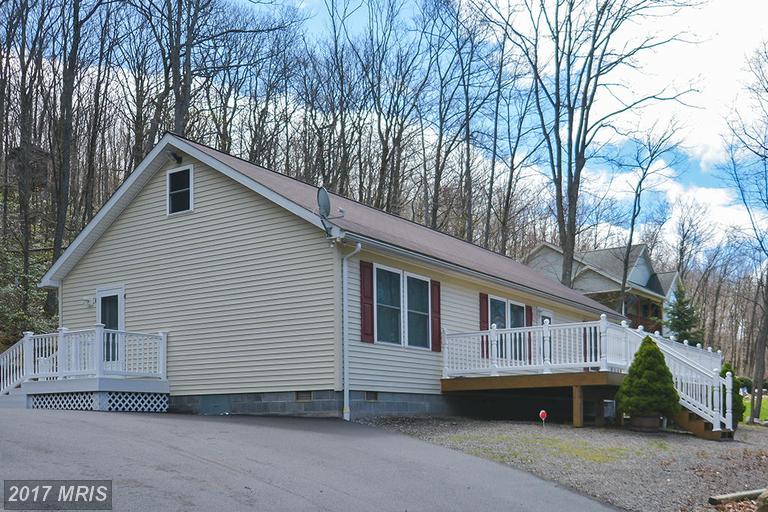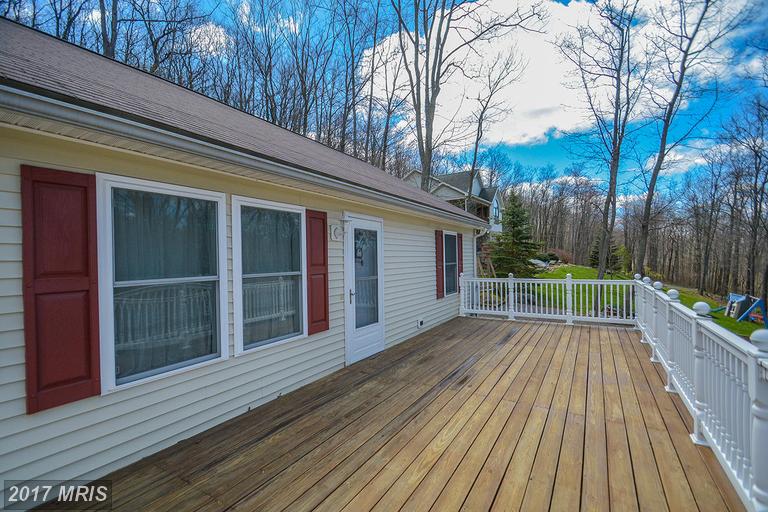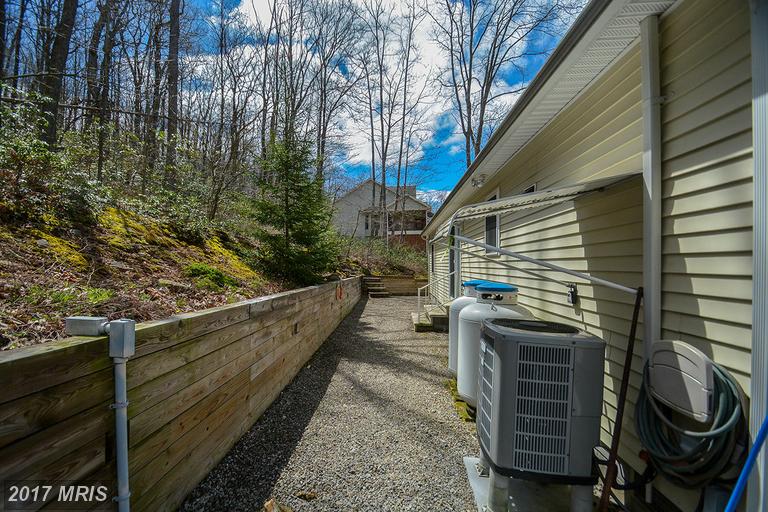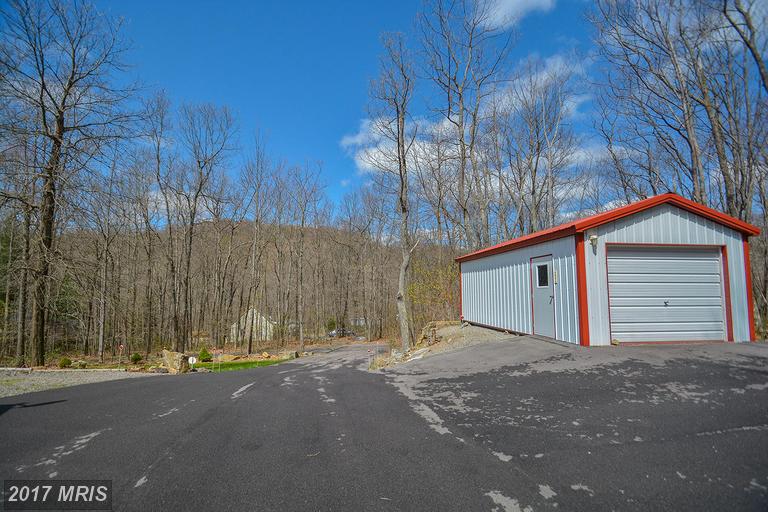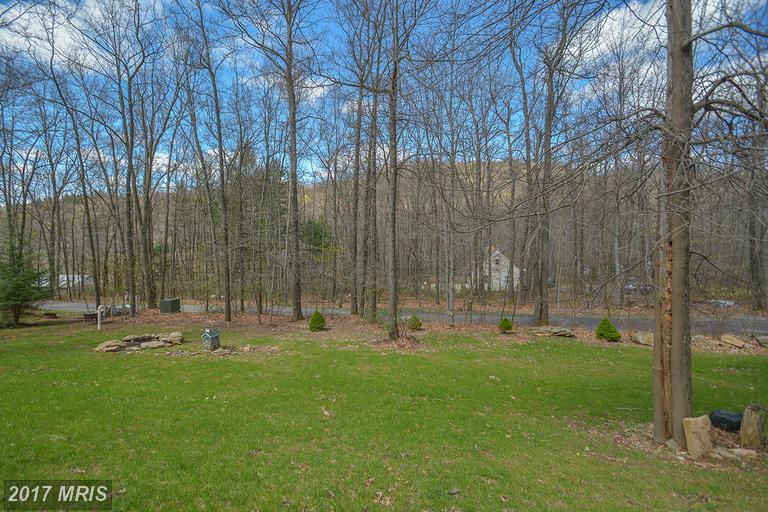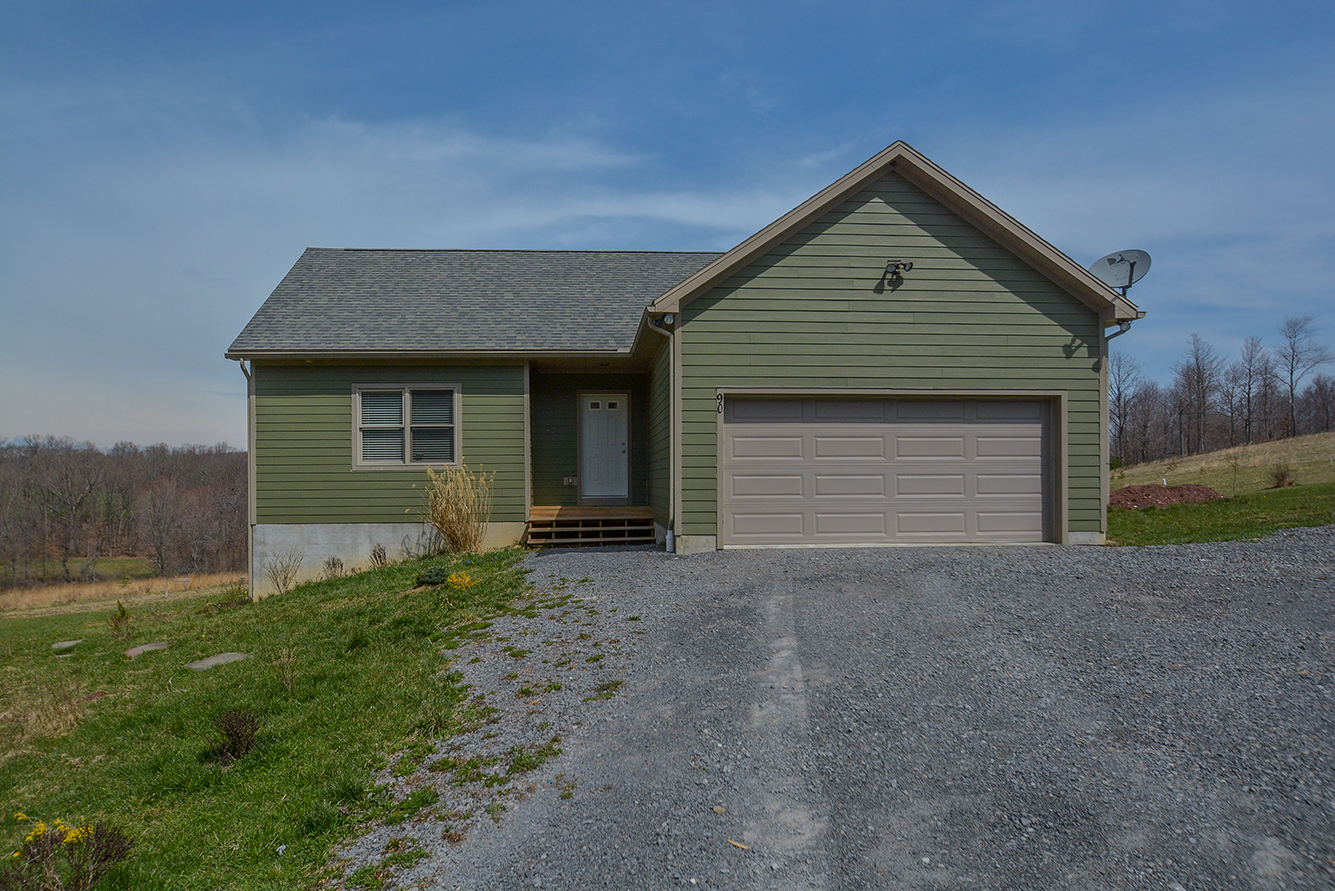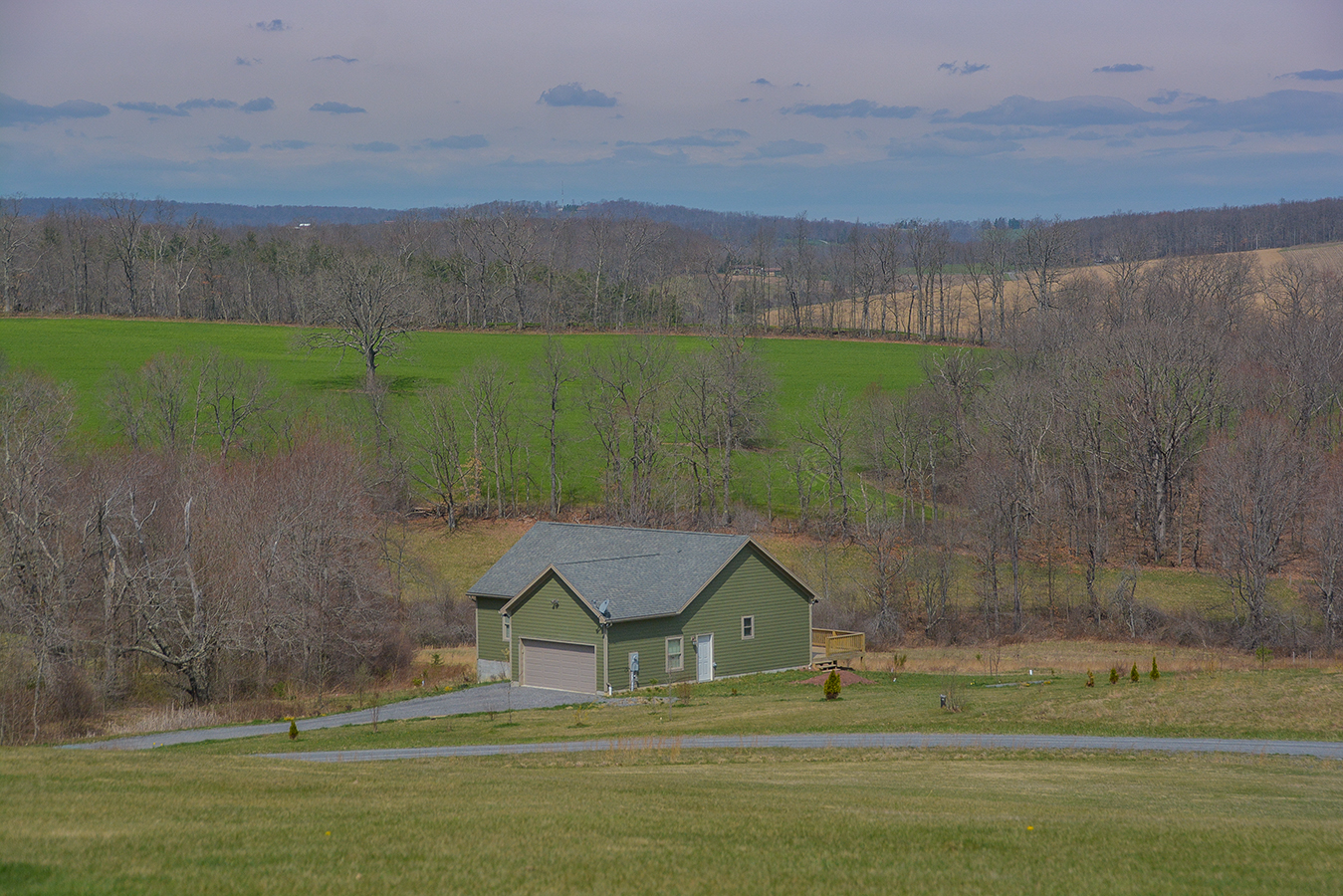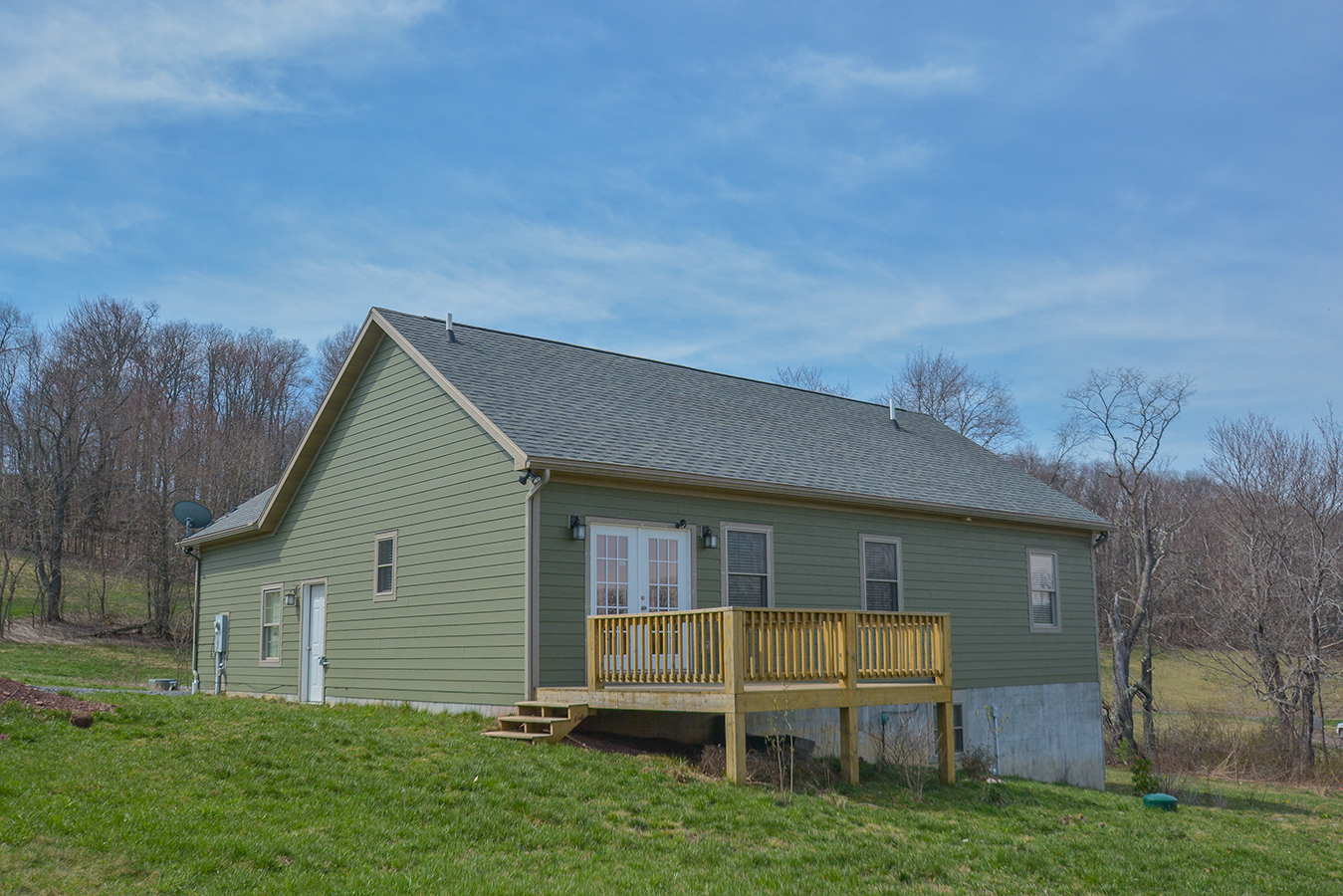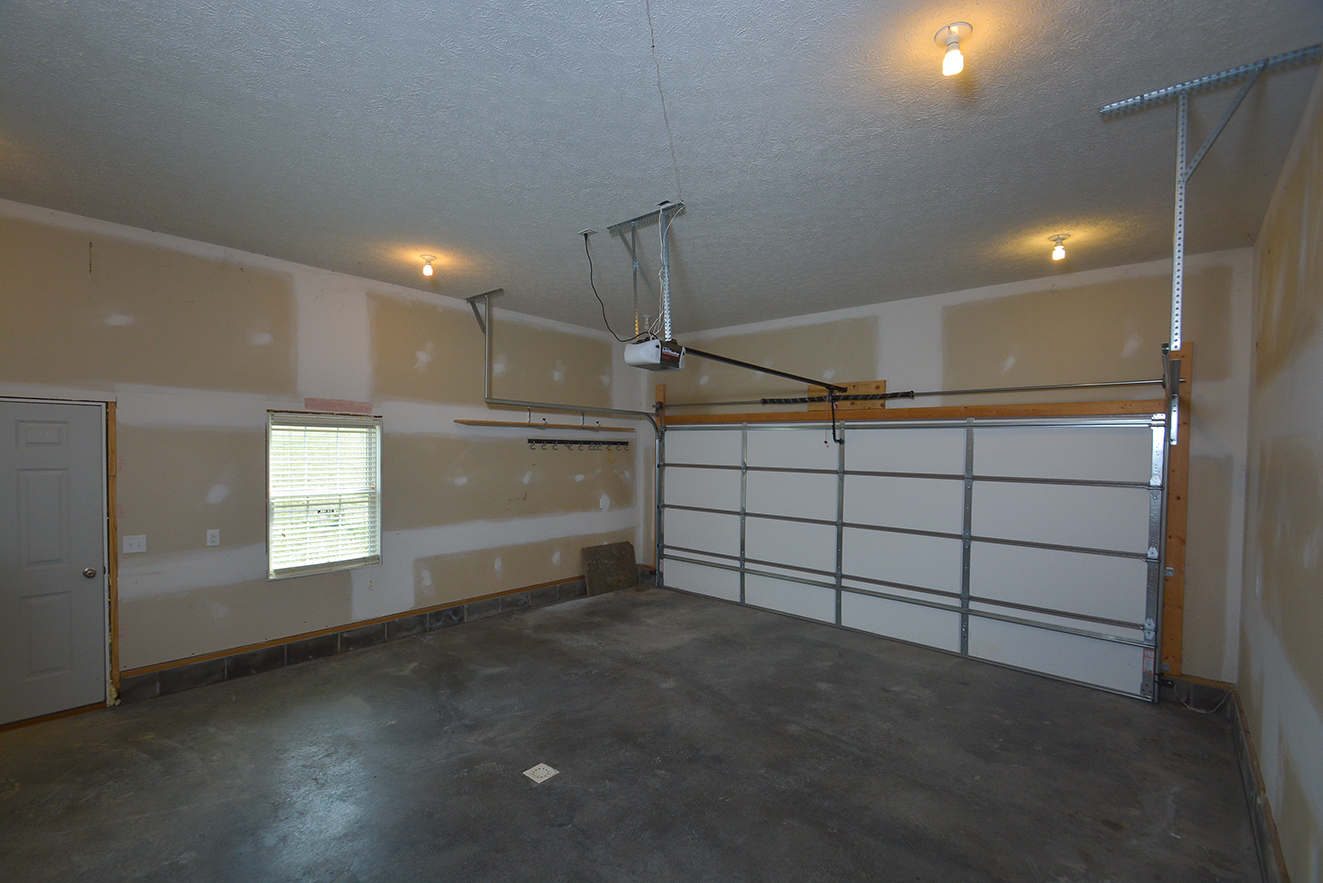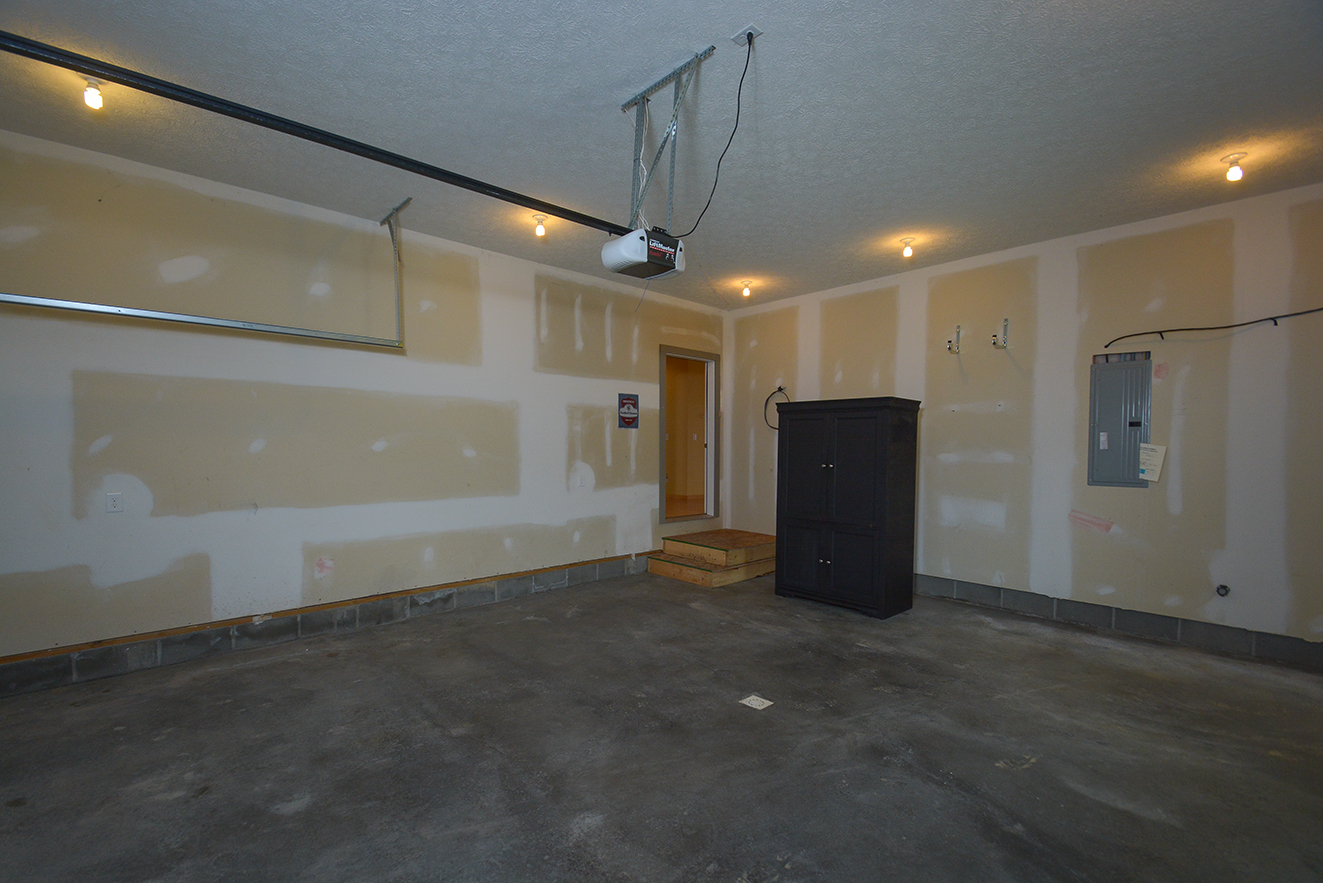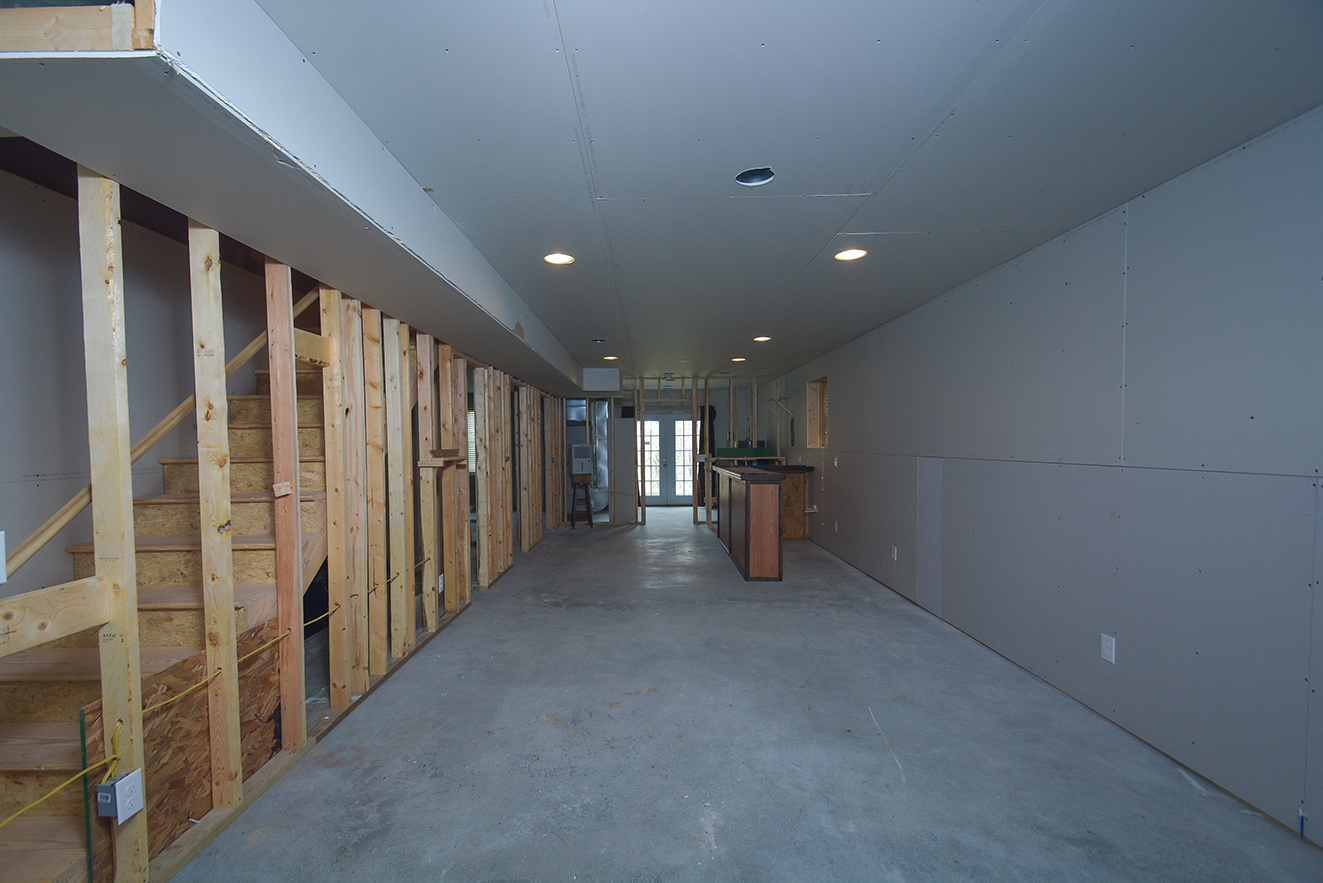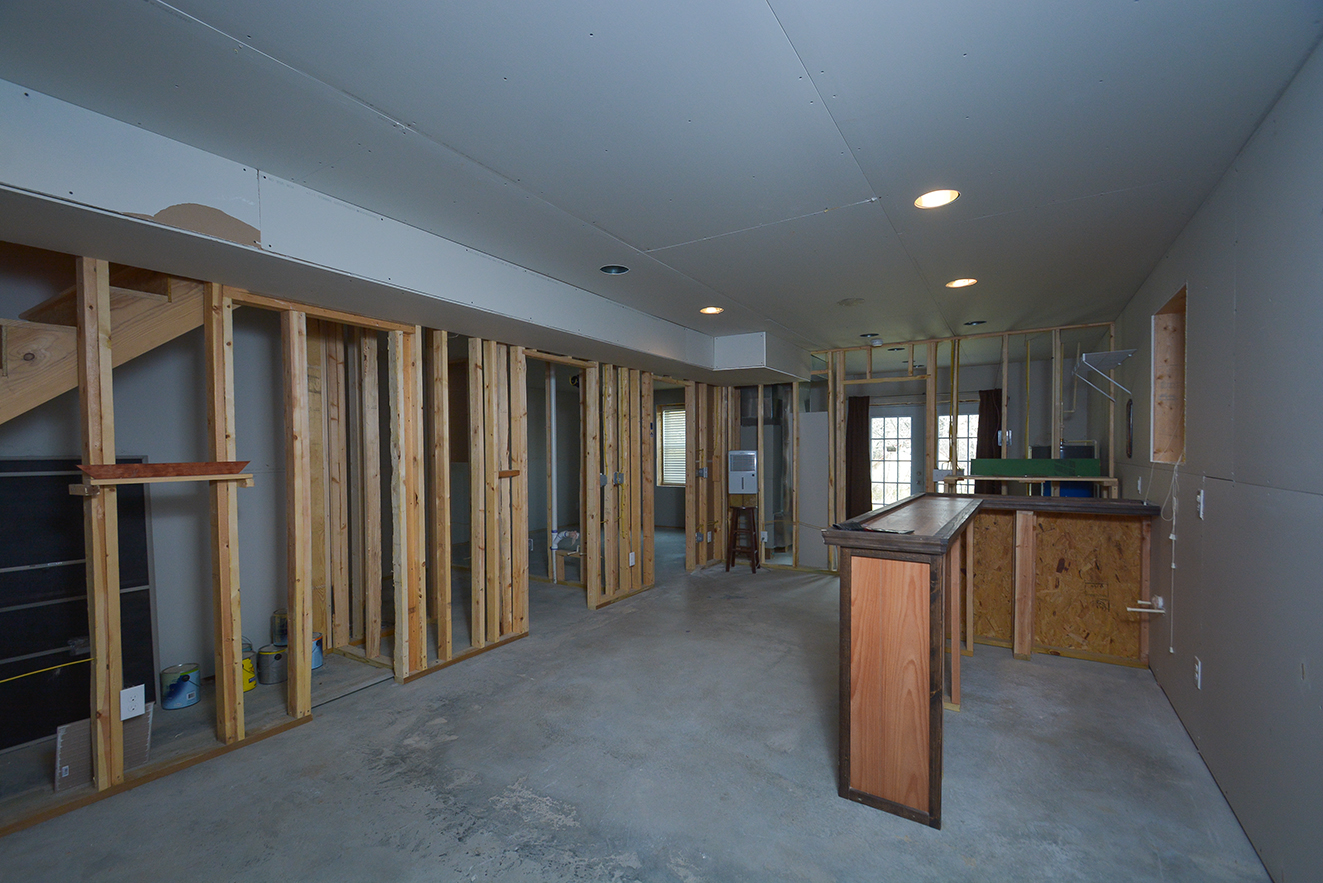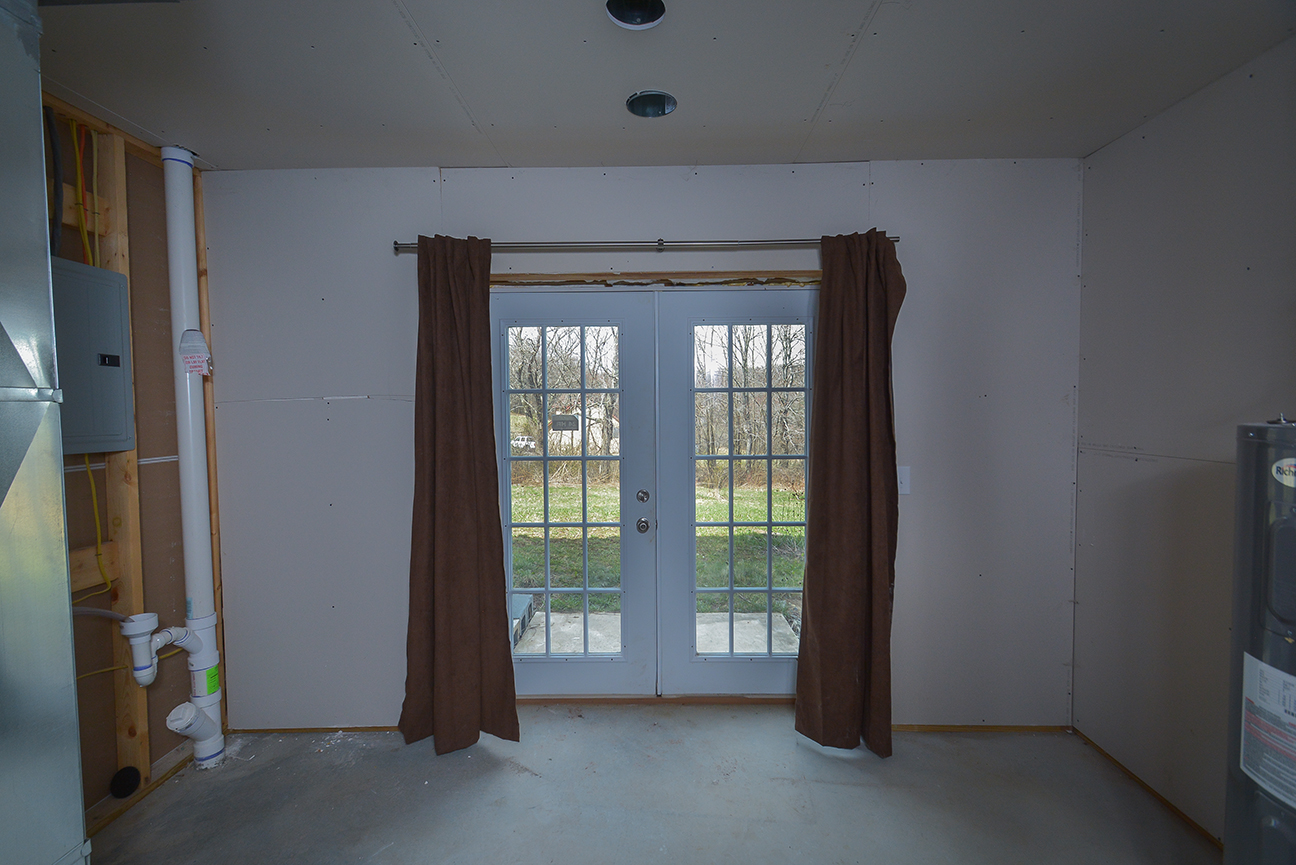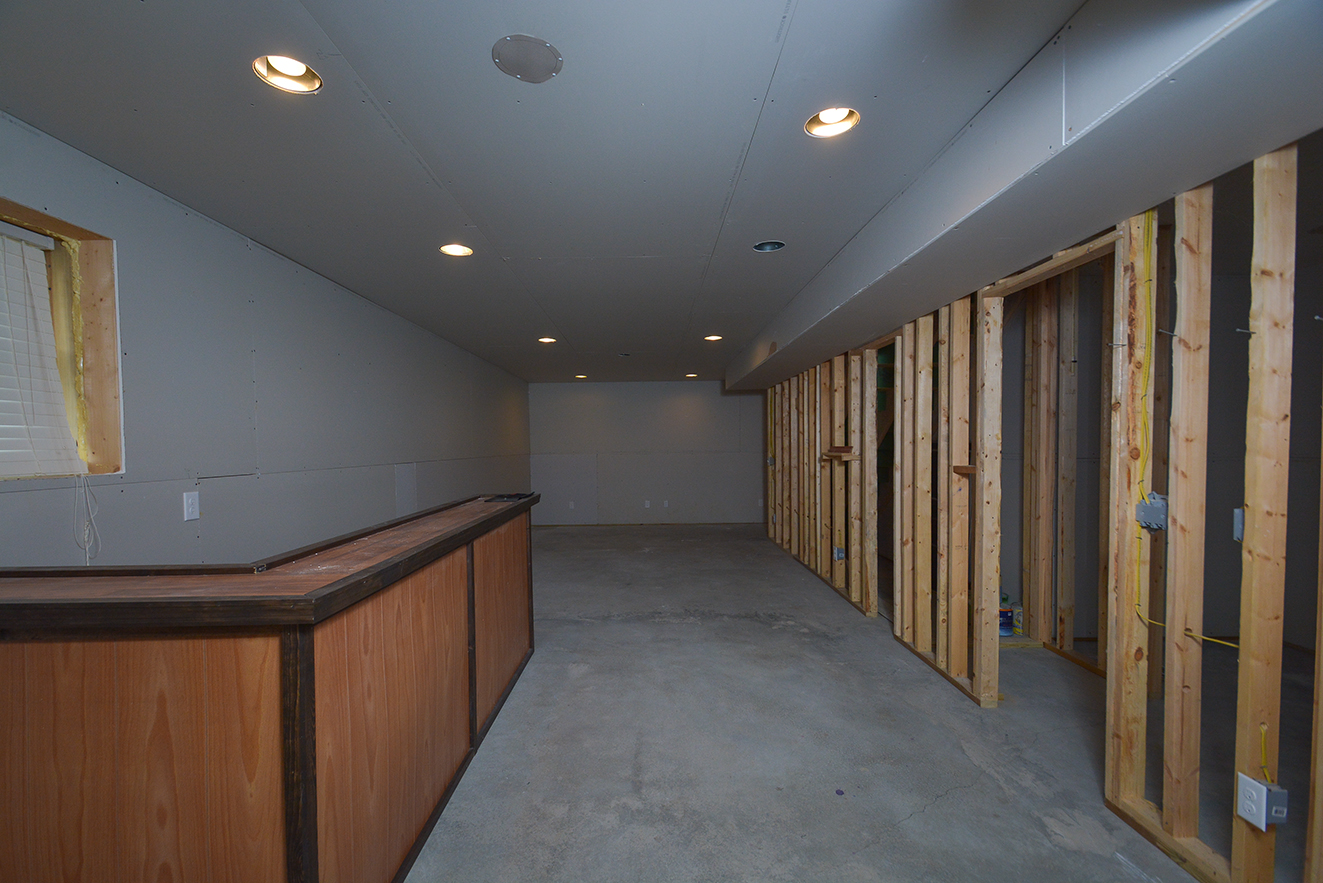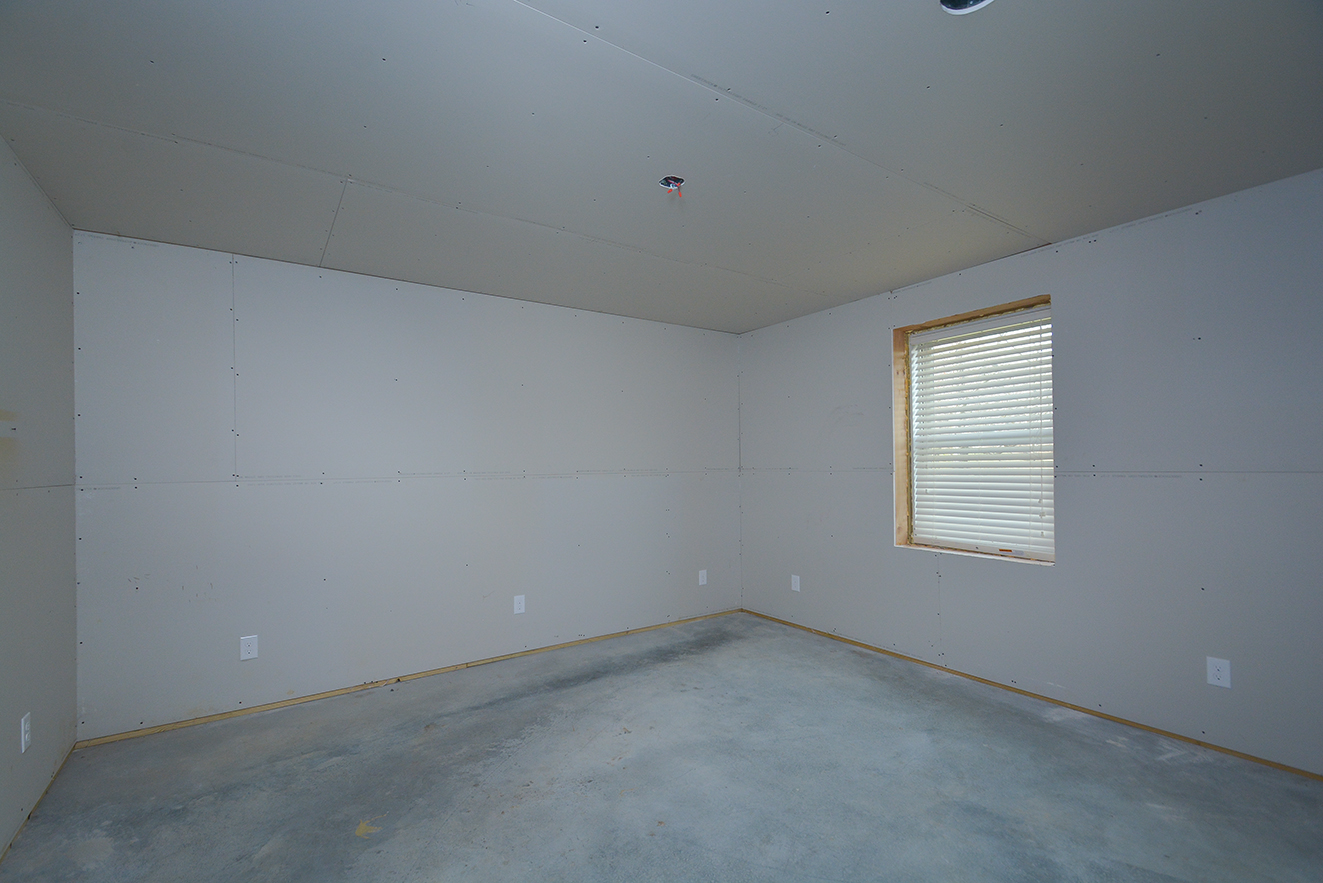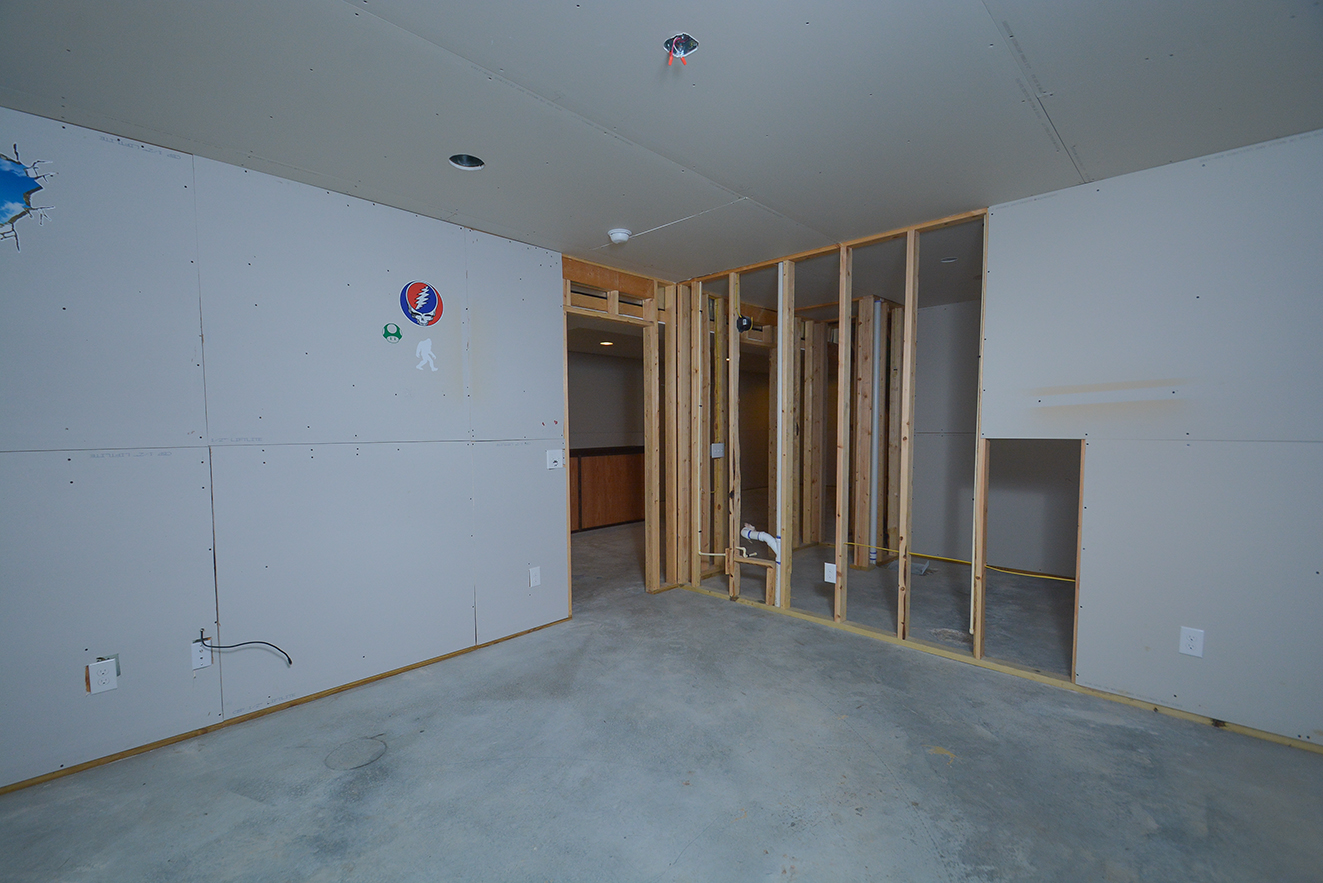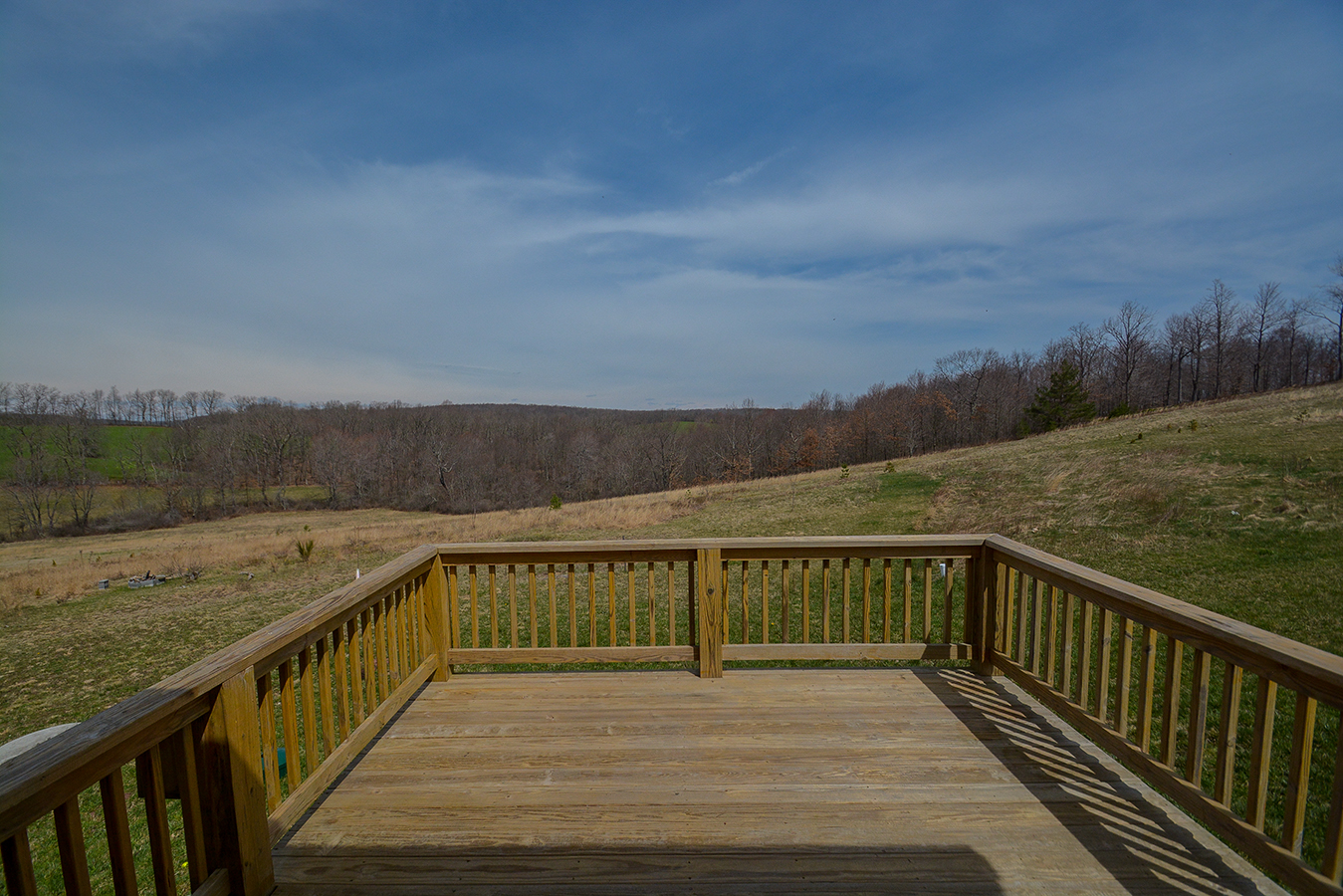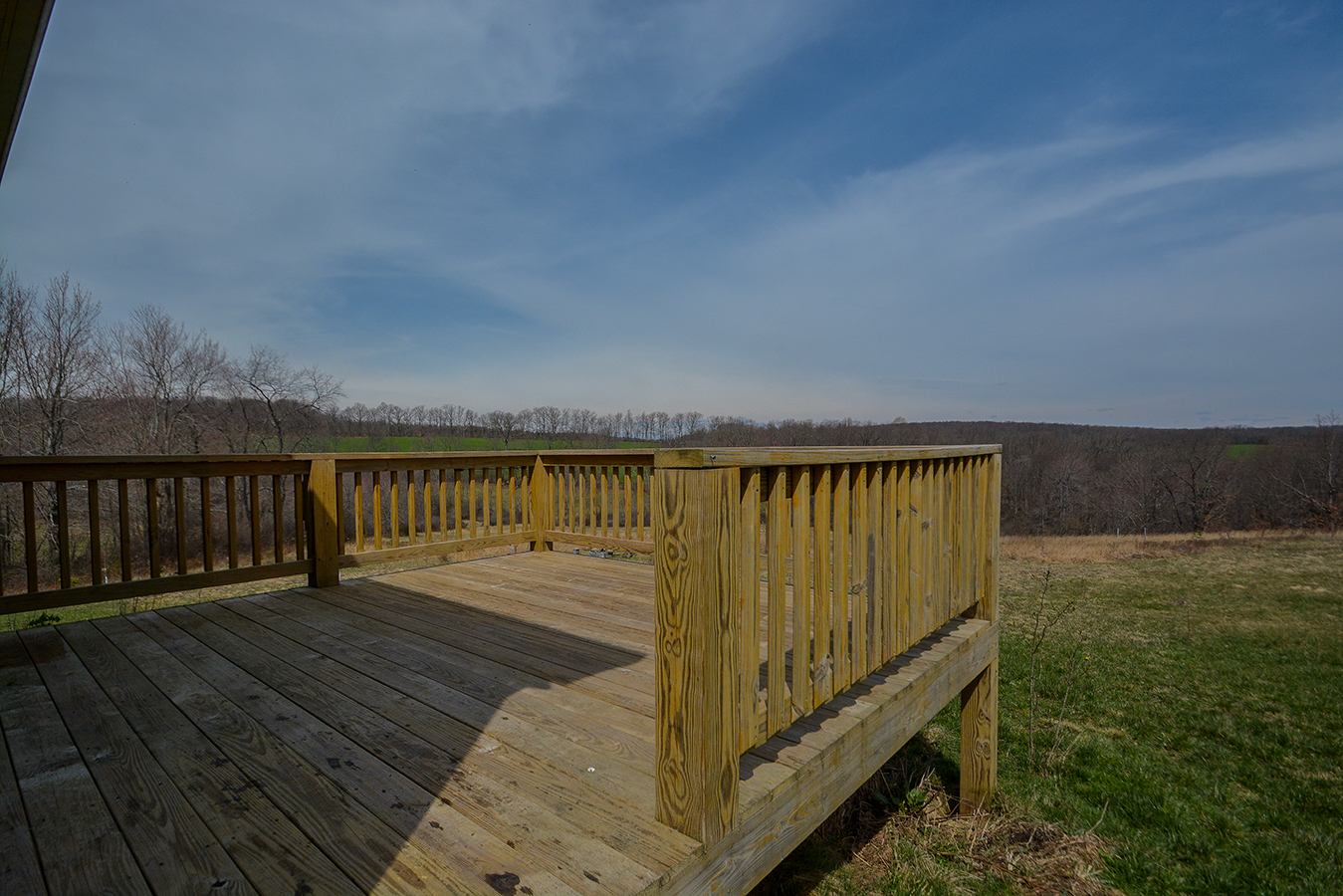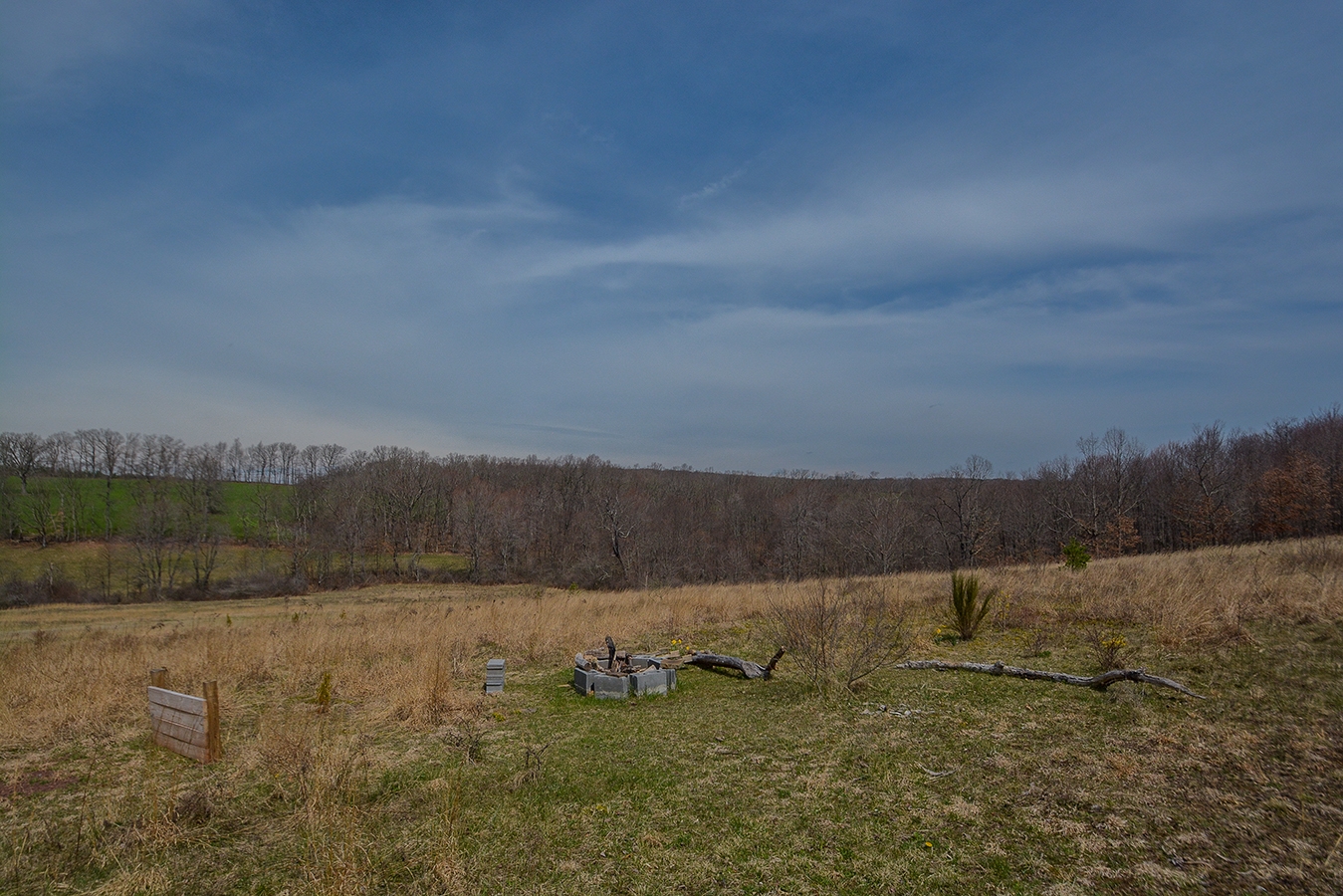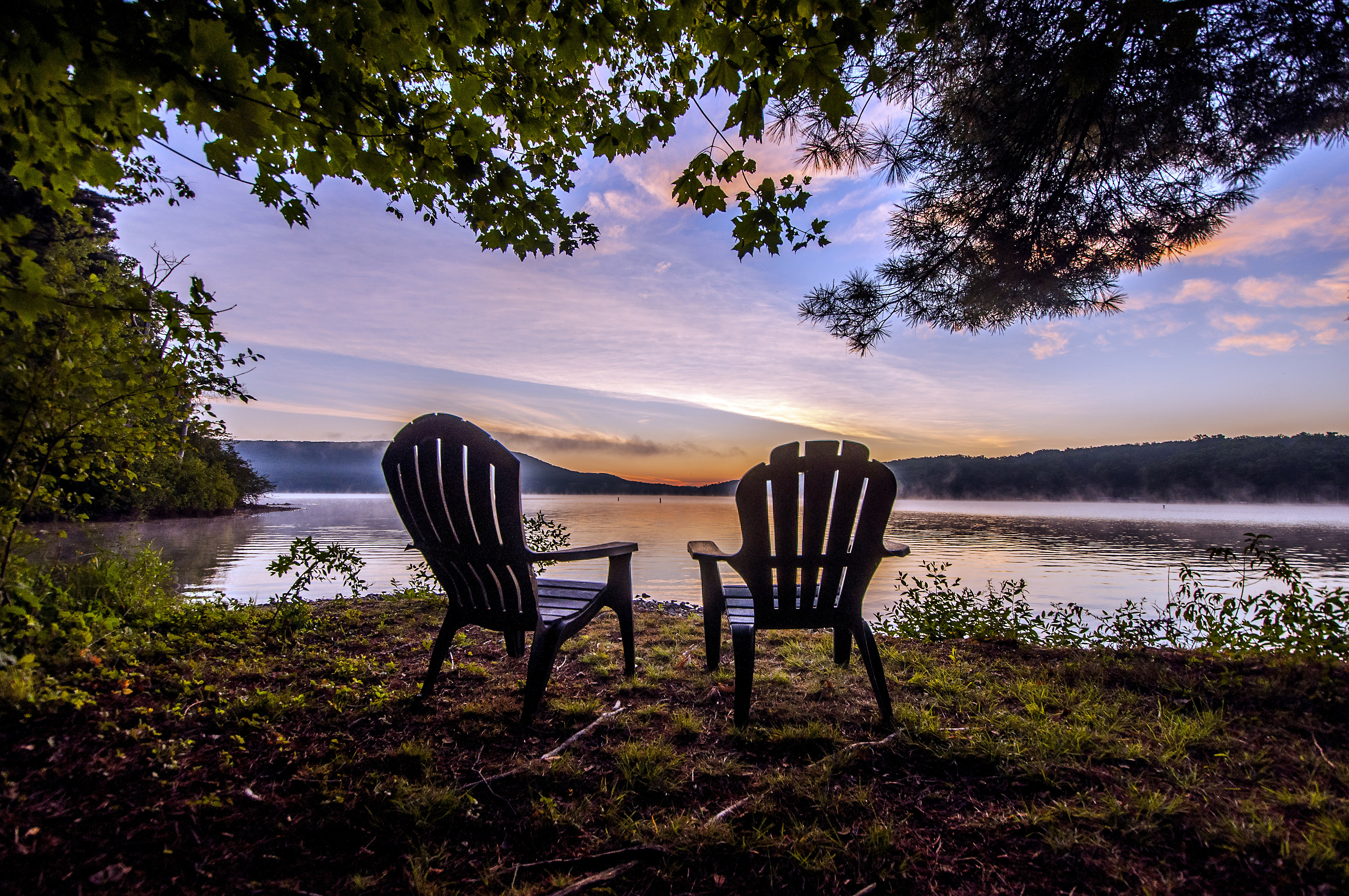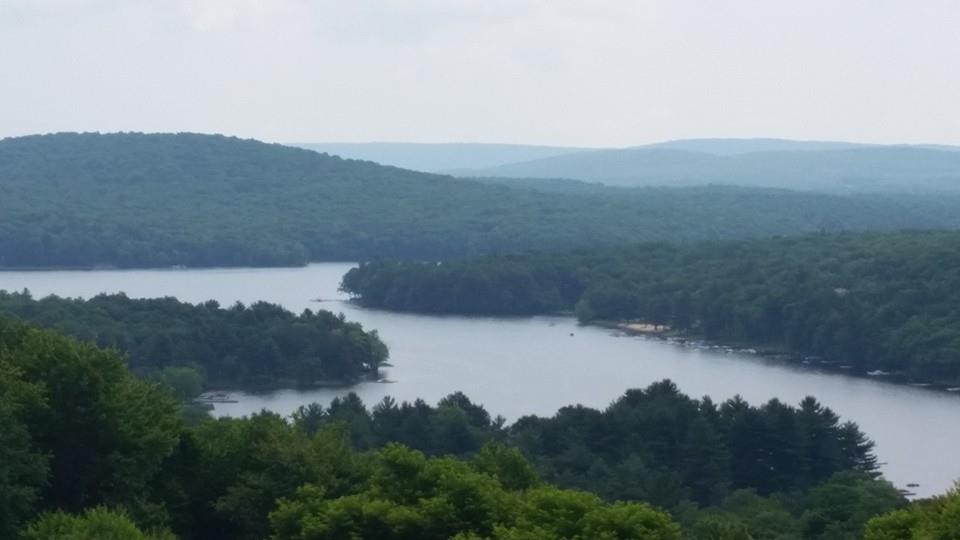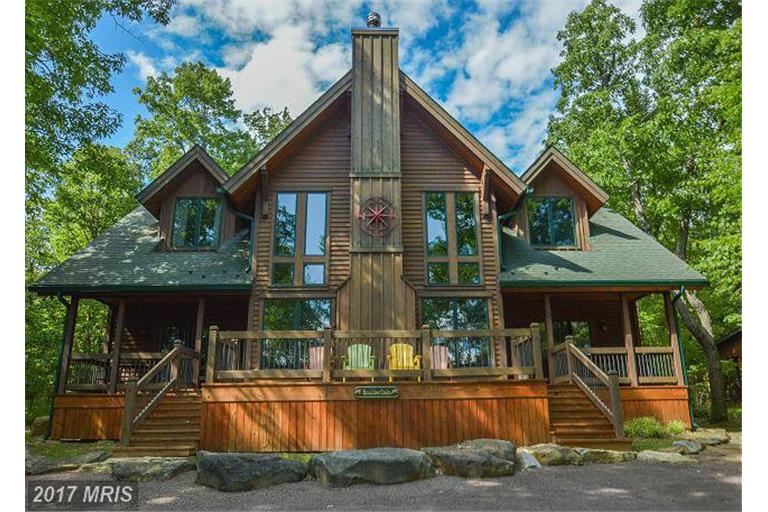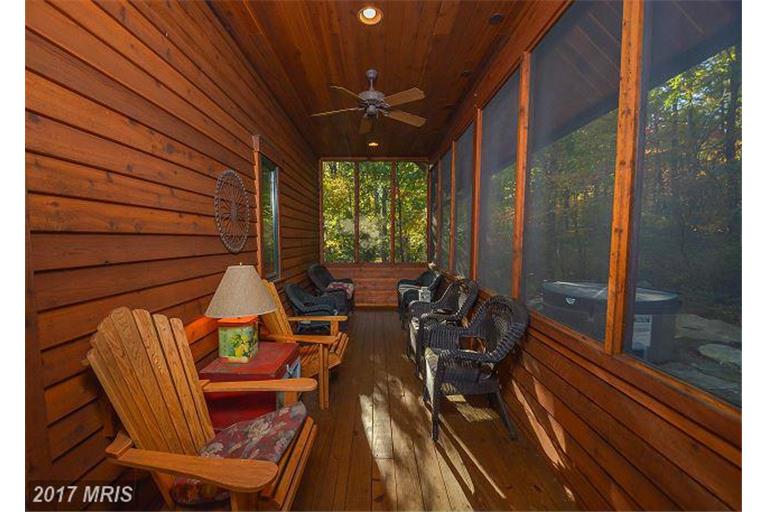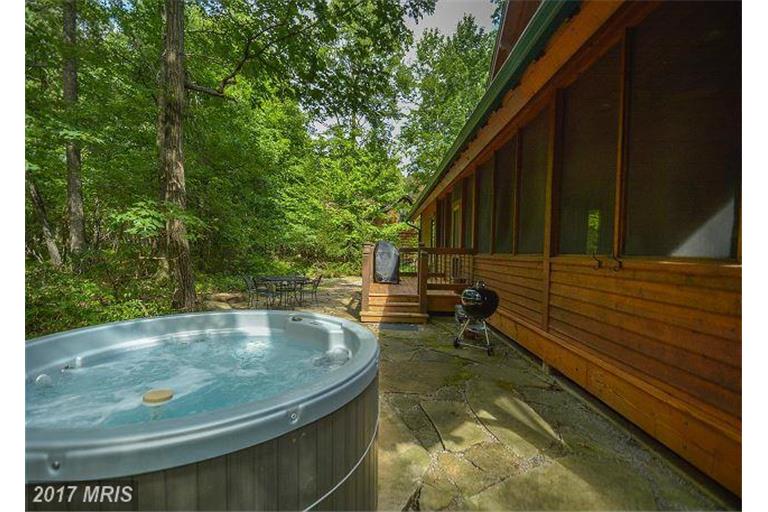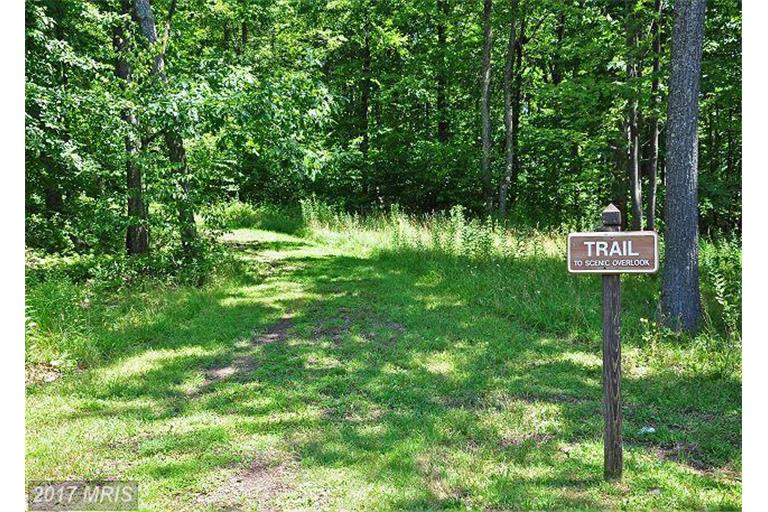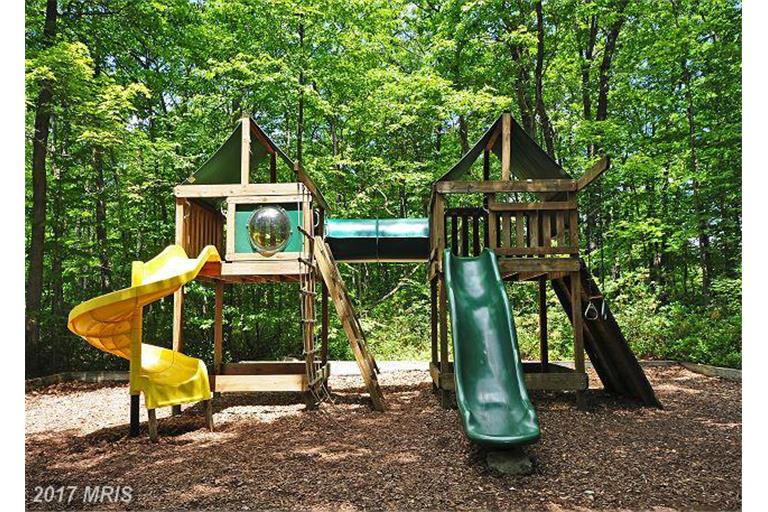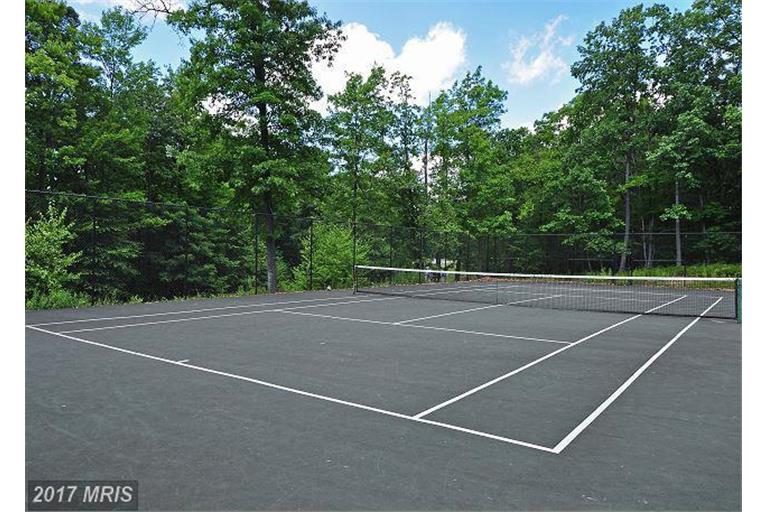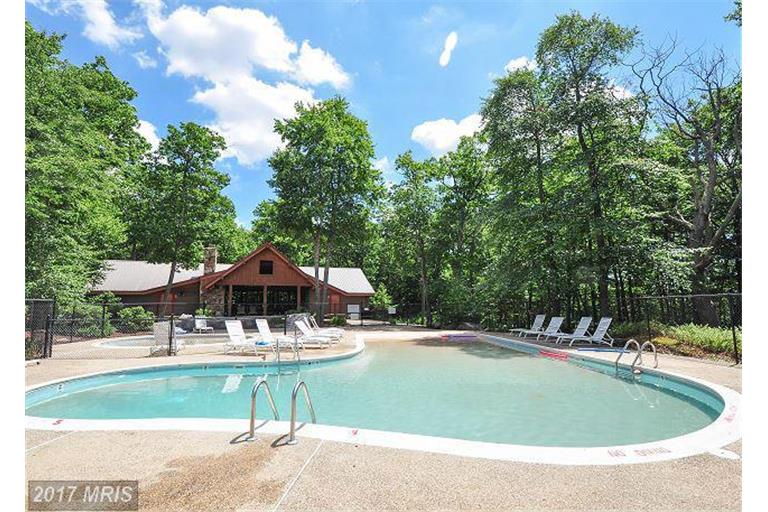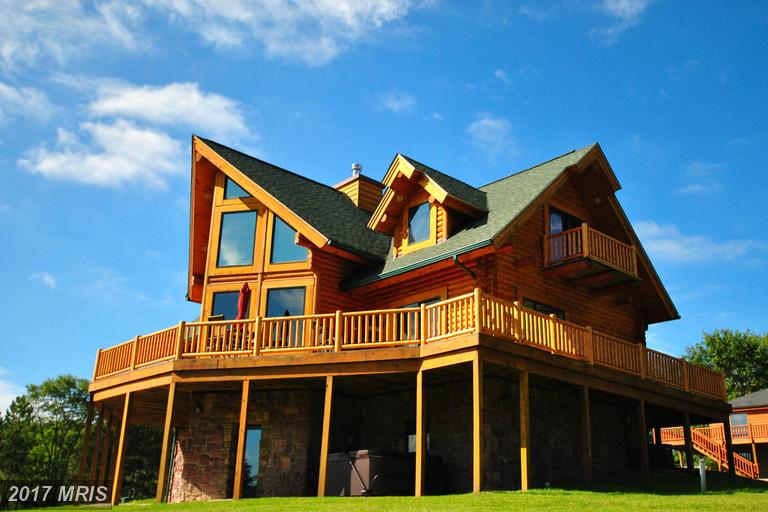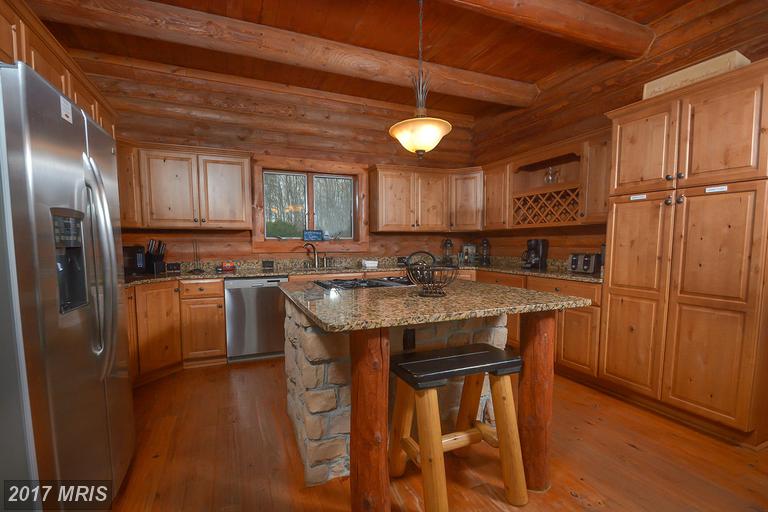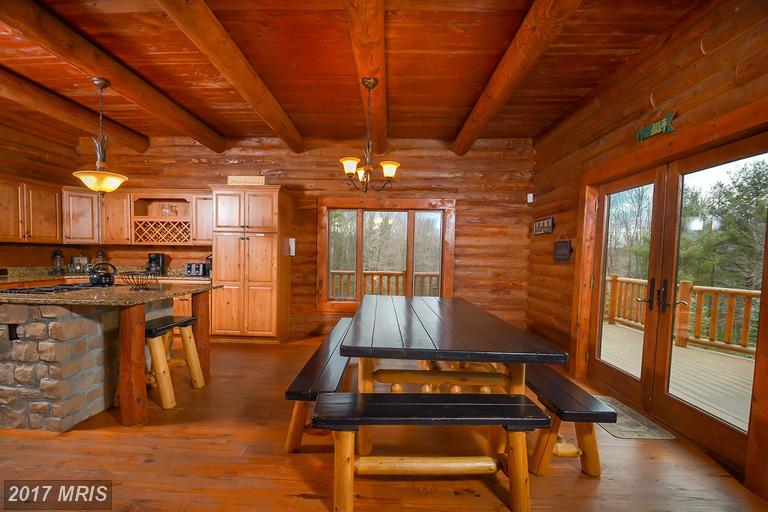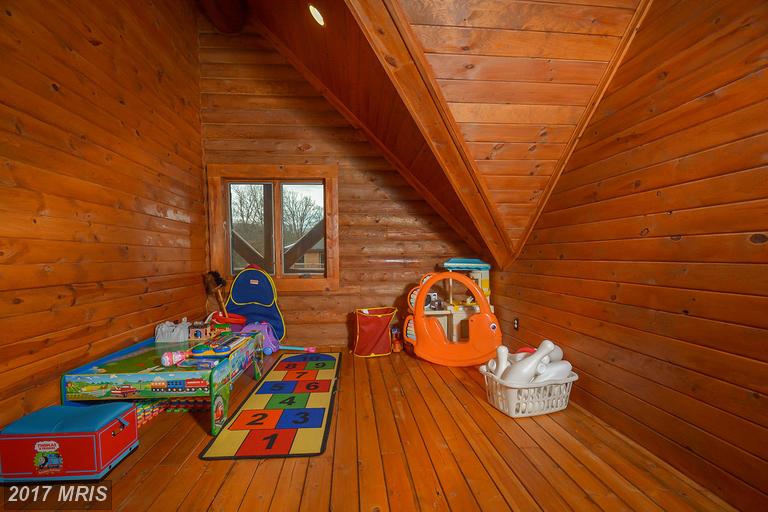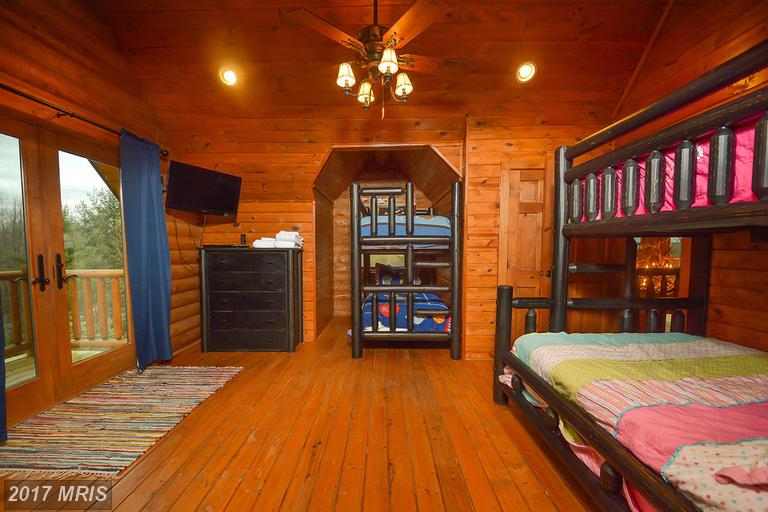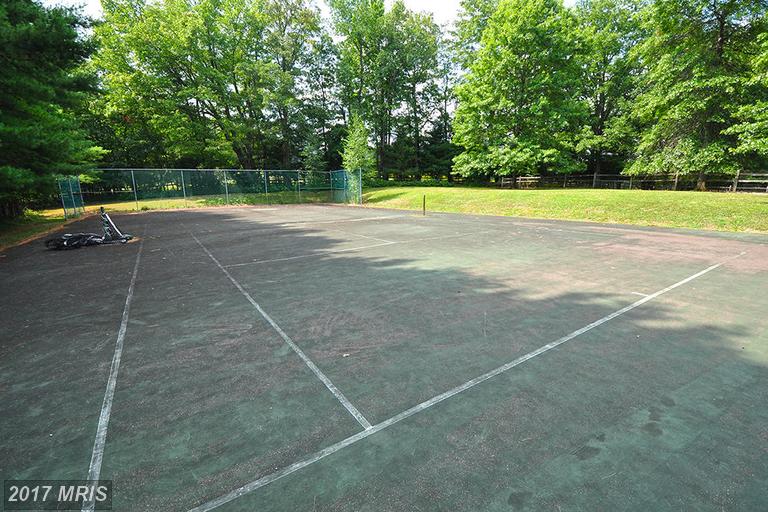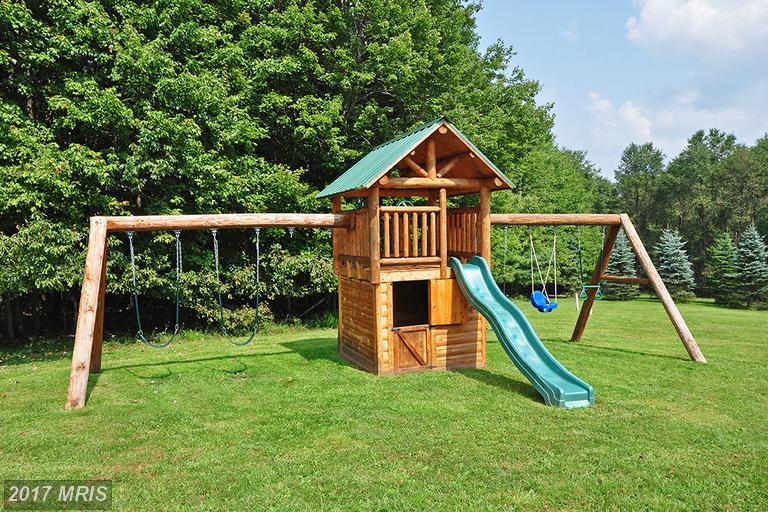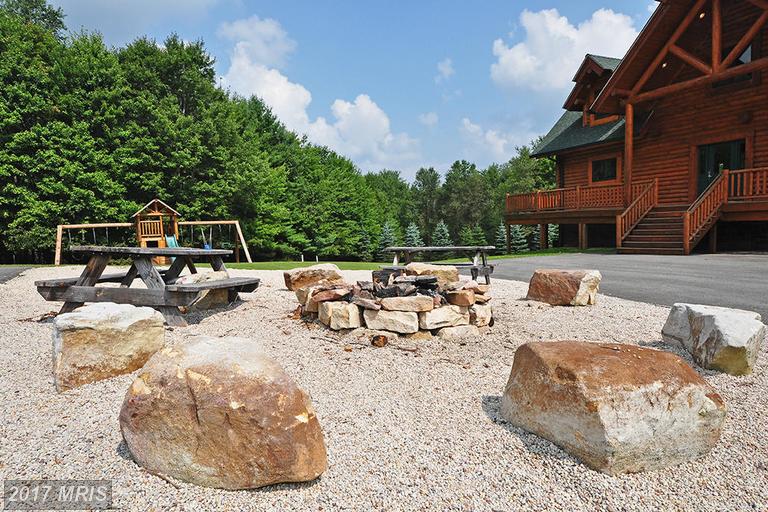Tag: dcl

NEW LISTING- 128 Greenbrier Drive
Lodestone golf course, frontage on hole #1 fairway and green. Lot #3 has a building permit pre-approved by owner prior to sprinkler system ordinance, a savings of $20k+ over similar building lots! Huge value!
Close proximity to Fork Run recreational area, State Parks, Deep Creek Lake & Wisp Ski & Golf resort. Build your home on the areas highest golf course (2,973ft), designed by Hale Irwin.
For more info, click here.

NEW LISTING- 98 Red Pine Road
Check out my listing on Red Pine Road!
One level living! Well-maintained home in McHenry with many improvements, including a paved driveway, a detached garage/shed with electric, and a spacious front deck. 3 large bedrooms and 2 full baths, and a ton of storage space in the attic.Central AC and a heat pump offer incredible comfort and efficiency. Furnishings negotiable. Original owner.Very private setting & DCL is about a mile away! |
|||
For more information, click here.
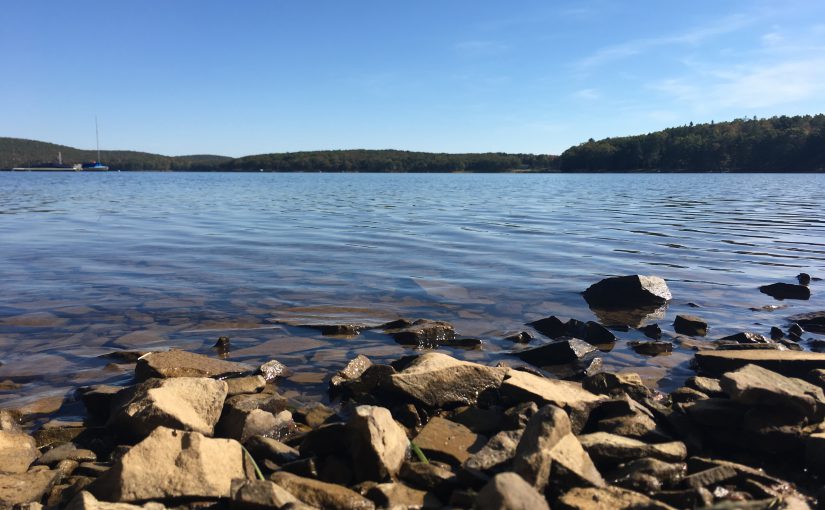
Garrett planners to let consultant lead zoning discussion
OAKLAND — The Garrett County Planning Commission has decided to let a consultant lead discussions about possible countywide zoning.
The commission is planning on hiring a consultant once there is money in the budget, Deborah Carpenter, director of the department of planning, said.
“As far as the board of county commissioners go at this point, I don’t think we have any interest in doing anything on countywide zoning. Not to say if something was brought to us we wouldn’t consider any action on it,” Jim Hinebaugh, commissioner and planning commission member, said during a planning commission meeting last month.
The first step in addressing countywide zoning would be to get public input followed by research and recommendations for a plan of action from the consultant, Carpenter said.
The commission is reviewing the comprehensive plan to see what sections may need public comment, more discussion or possible changes, said Carpenter. The planning commission began the review of the 2008 comprehensive plan last year.
“I think there may be more support than there was for countywide zoning 10 years ago or 20 years ago,” said Hinebaugh, who indicated that he didn’t have a position on zoning.
At least 30 percent of county citizens are already subjected to zoning because of living in the Deep Creek Watershed or in one of the municipalities, William DeVore, zoning administrator for the Deep Creek Watershed and member of the planning commission, said.
The Garrett County Board of Realtors supports performance-style zoning in the county, Paul Durham, planning commission member, said.
The commission also decided to give Karen Myers, who was representing Deep Creek Marina LLC, approval for a special exception and variance for an aerial (zip-line-type) adventure park to be located on Deep Creek Drive in McHenry.
For more information, click here.
NEW LISTING: 90 Temperance Way
Newer built 2BR, 2BA home on an over-sized lot at Overlook subdivision.Improved basement for potential extra bedroom and additional living spaces.Hardwood floors, gas fireplace, vaulted ceilings, attached garage & high-end finishes make this a place you won’t want to miss!Enjoy lake access & community trails and views of surrounding mountains & land. |
|||
For more information, click here.
PROGRAMS HELP GARRETT COUNTY
The Maryland General Assembly passed two bills that will benefit Garrett County and Deep Creek Lake.
The payment in lieu of taxes, or PILOT program, will result in Garrett County receiving about a million dollars in fiscal year 2019. The PILOT program benefits state forests, parks and wildlife management areas.
A bill was also passed that establishes the State Lakes Protection and Restoration Fund, which requires the Department of Natural Resources to develop a working budget, and to develop a plan, prioritizing projects that receive funding.
State Lakes Protection and Restoration Fund Bill just passed General Assembly
April 8, 2017
Friends–
We are pleased to announce the State Lakes Protection and Restoration Fund Bill passed the House on 138-0 vote at noon today. Since the bill has already passed the Senate, it is on the way to Governor Hogan’s desk to enact into law.
Th bill was introduced by Senator George Edwards and Delegate Wendell Beitzel. Take a minute to thank them for their legislative work to ensure bill passage. (george.edwards@senate.state.md.us and wendell.beitzel@house.state.md.us)
The bill is a “small bill”. It only asks that DNR create the fiscal structure for a Fund. No allocation of money was requested. Even so, at one point late in the process, DNR suggested a small language which could have killed the bill. Fortunately Delegate Dana Stein spoke out against this recommendation.
Deep Creek Lake is one of 16 state-owned lakes across the state and, like DCL, it appears that all are facing challenges of lake aging and need for protection and restoration efforts. The State of Maryland owns these lakes and is, therefore, responsible for their health as natural and recreational resources.
Another reason for celebration: This is the first bill supported by all lead lake-related entities: County Commissioners, Garrett County Board of Realtors, Chamber of Commerce. A CLEAR DCL, Friends of DCL, DCL POA and Green Glade Guardians. Over 50 lake property owners also sent letters of support. .
More thank yous! We do want to recognize our lobbyist Eric Gally for his hard work tracking the bill and the lake people who came to Annapolis to testify in support of the bill: Joe Zamoiski, Tony Fuller, Richard Matlick, and Brian Greenberg. Folks from state environmental colleagues also helped us secure passage: Kristen Harbeson from MD LCV, MD Sierra Club, and The Nature Conservancy.
Next Step. We will need to “fund” the Fund. To do so we must convince the Governor to allocation financial resources into the Fund in his next budget. We hope all the entities which supported the bill will also actively work for its
Since the budget process begins almost immediately, Friends of DCL will be developing a Fund the Fund Campaign to be launched early in the summer.
All our work todate has led up to the creation of the mechanism and now the challenge to get funding for it to enable the state to do the work needed to restore and protect our beloved lake for generations to come.
Let’s hope the snow in Garrett County melts soon and the high water levels subside because we have a lot to celebrate this summer– and some fun Fund-raising to do!
Your friends and neighbors,
Friends of Deep Creek Lake Board.
NEW LISTING- 60 Westward Way
Check out my new listing!
Custom built masterpiece! Handcrafted wood finishes adorn this 4BR/3BA chalet. Amazing detail from top to bottom.
Oak doors & floors, cherry cabinets, pegged beams and a cozy fireplace! Sit outside on the peaceful back porch or soak in the hot tub.
Community features outdoor swimming pool, tennis, and a trail network that leads to Deep Creek Lake.
Vacation rental “Boulder Oaks”.
For a 3-D tour, click here.
For more information, click here.
NEW LISTING- 1137 BOY SCOUT ROAD- 2 HOUSES FOR 1
Check out this amazing compound on Boy Scout Road!
2 high-end vacation rental properties on 5 acres + DOCK! Each home boasts granite, SS appliances, and private hot tub. ‘Log Hut’, the 2nd house, offers 4BR, 2BA, private deck.
Private basketball + tennis courts, play-ground, massive lawn to accommodate weddings & events, and a private, country setting.
The sky is the limit with this unique setup! $40k+/- income.
Live in one, rent the other!
For more information, click here.



